As we’ve noted throughout the past year’s imbroglio over transportation spending, it is clear that complete federal control over transportation spending in a post-interstate highway era (post 1992) is inefficient, costly, anti-federalist, and precludes state and private innovations. Yet, Congress continues to buckle down on a policy that has failed in recent years, exposing taxpayers to future bailouts and tax increases. Worst of all, it will preclude states from dealing with their own infrastructure needs in the most efficient way.
On March 13, the Senate passed a massive 18-month $109 billion extension (S. 1813 Boxer-Inhofe stimulus), which creates new deficits, raises taxes, continues to fund 100% of mass transit, continues expensive Davis-Bacon rules, and provides no reforms. After initially threatening to bring the Senate bill to the House, Boehner agreed to pass a 60-day extension until June 30. The president signed the extension shortly before the Easter recess. Now, House leadership wants to pass another “clean” extension until September 30. But this extension is not so clean; it will be used as a vehicle to go to conference with the Senate over S. 1813, paving the road for a final product that will be heavily weighted towards the Senate bill (because the House has not passed their own detailed long-term bill).
Conservatives must oppose this bill and must demand that we hold off on a House-Senate conference until the full House passes a conservative transportation bill, providing us with the requisite leverage headed into conference.
As it turns out, the Senate bill is even worse than previously thought, yet if we allow the House to go to conference, this is the bill that will be agreed upon. Here are some more problems with the Senate bill that have been uncovered in recent weeks:
- Taxpayer Bailout of Private Pensions: As part of an oblique effort to raise revenue for the faulty highway trust fund, the Senate bill allows corporations to put less money into company pensions that are backed by the taxpayer-funded Pension Benefit Guaranty Corporation (PBGC). This would increase net profits for corporations, and by extension, generate $7 billion more in taxes to Uncle Sam. In addition to serving as a convoluted way to fund the tenuous highway trust fund, it will also expose taxpayers to future bailouts of the PBGC when it becomes clear that the pension plans are underfunded. [read more on this at the Heritage Foundation].
- General Fund Transfer: Just hours before the Senate bill was brought to a floor vote on March 14, Barbara Boxer slipped in a manager’s amendment that contained a provision (section 40313) authorizing a $5 billion general fund transfer to the highway trust fund.
- Nanny-State Enhancement Mandates: James Inhofe, the Republican architect of Boxer’s transportation bill, promised Republicans that the bill offered flexibility to the states for spending their infrastructure dollars, exempting them from the 10% “enhancement” mandates. Well, the manager’s amendment appears to have vitiated that agreement.
- Other Top-Down Mandates and Anti-Free-Market Policies: There are sundry provisions that impose eco-fascism, establish anti-growth “made in America” mandates, discourage private sector investments in infrastructure, and offer giveaways to Big Labor.
- New Bureaucracies: The bill expands the size of government. According to the Washington Letter on Transportation, as cited in Ken Orski’s Innovation News Briefs, the bill creates a new National Endowment for the Oceans, Coasts and Great Lakes, which will be housed in the Department of Commerce. It also provides for a seven-year reauthorization of the Land and Water Conservation Fund, a green program of the National Park Service within the U.S. Department of the Interior.
The amazing thing is that 22 Republicans actually voted for this boondoggle, probably without ever reading the manager’s amendment or much of the 1,676-page bill. And if we don’t change the dynamic of the House bill this week, most of the House Republican Conference will vote for a vehicle that will ostensibly uphold the Senate bill.
Once again, instead of using personal earmarks to sweeten the pot, Boehner plans to attach another Keystone pipeline provision to the bill. In terms of messaging, they will transform this transportation bill into “an energy bill,” in a preemptive attempt at ameliorating the final conference report – one that will probably contain the Keystone provision….along with 99% of the dreadful Senate highway bill. Are we now prepared to take every piece of excrement that emanates from the Senate and attach the Keystone pipeline?
Instead, conservatives should rally behind Tom Graves’s Transportation Empowerment Act (H.R. 3264). This bill would gradually transition gas tax revenue to the states over a period of four years. By 2017, every state would keep 14.7 cents of the current federal gasoline tax, leaving 3.7 cents in the hands of the DOT for the purpose of national projects. This will end the inane policy of sending every state’s gas tax money to Washington only to see 35% of it spent on waste and mass transit.
Why not go to conference from a position of strength? This is a lesson in all legislative battles. Republicans often accuse conservatives of lacking the understanding or the will to compromise. The problem is that these pale-pastel politicians will compromise with themselves even before entering into negotiations with the Democrats. We need to put our best proposal on the table first. Only after the full conference rallies behind a good bill can we even begin to discuss negotiating with the Senate in conference. At present, House leaders are jettisoning their rank-and-file members so they can go directly to conference, where there will be a broad bipartisan consensus to continue our failed statist top-down transportation system.
Cross-posted from The Madison Project


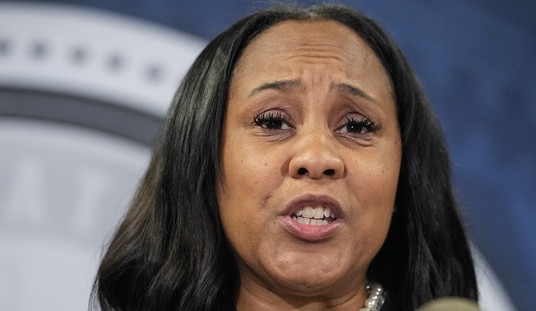
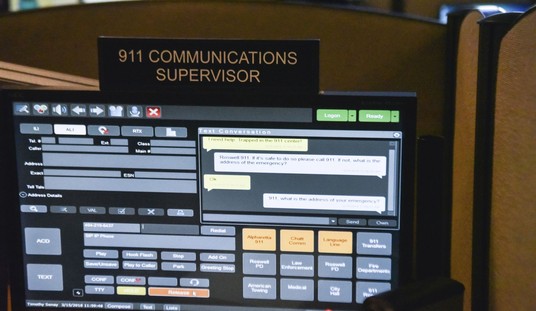


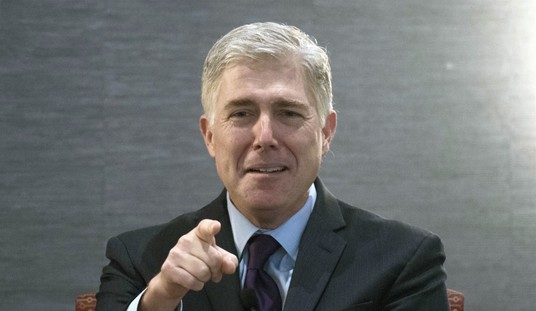


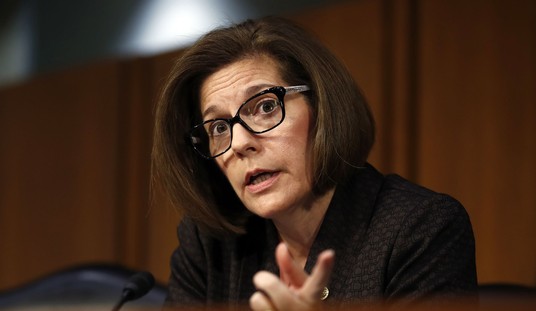
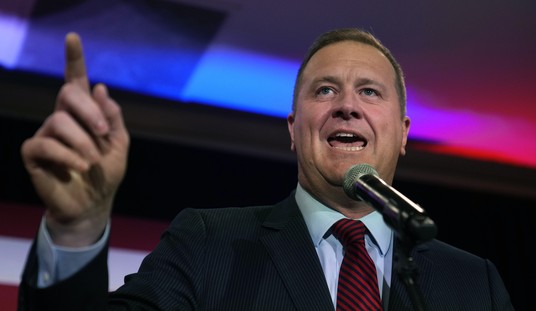
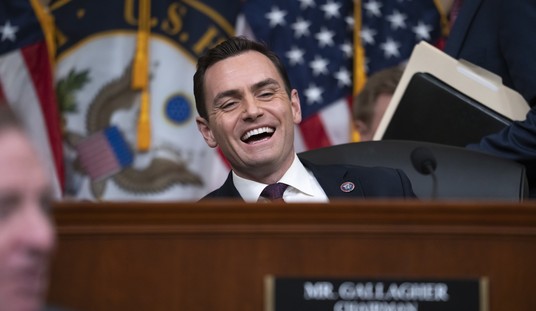

Join the conversation as a VIP Member